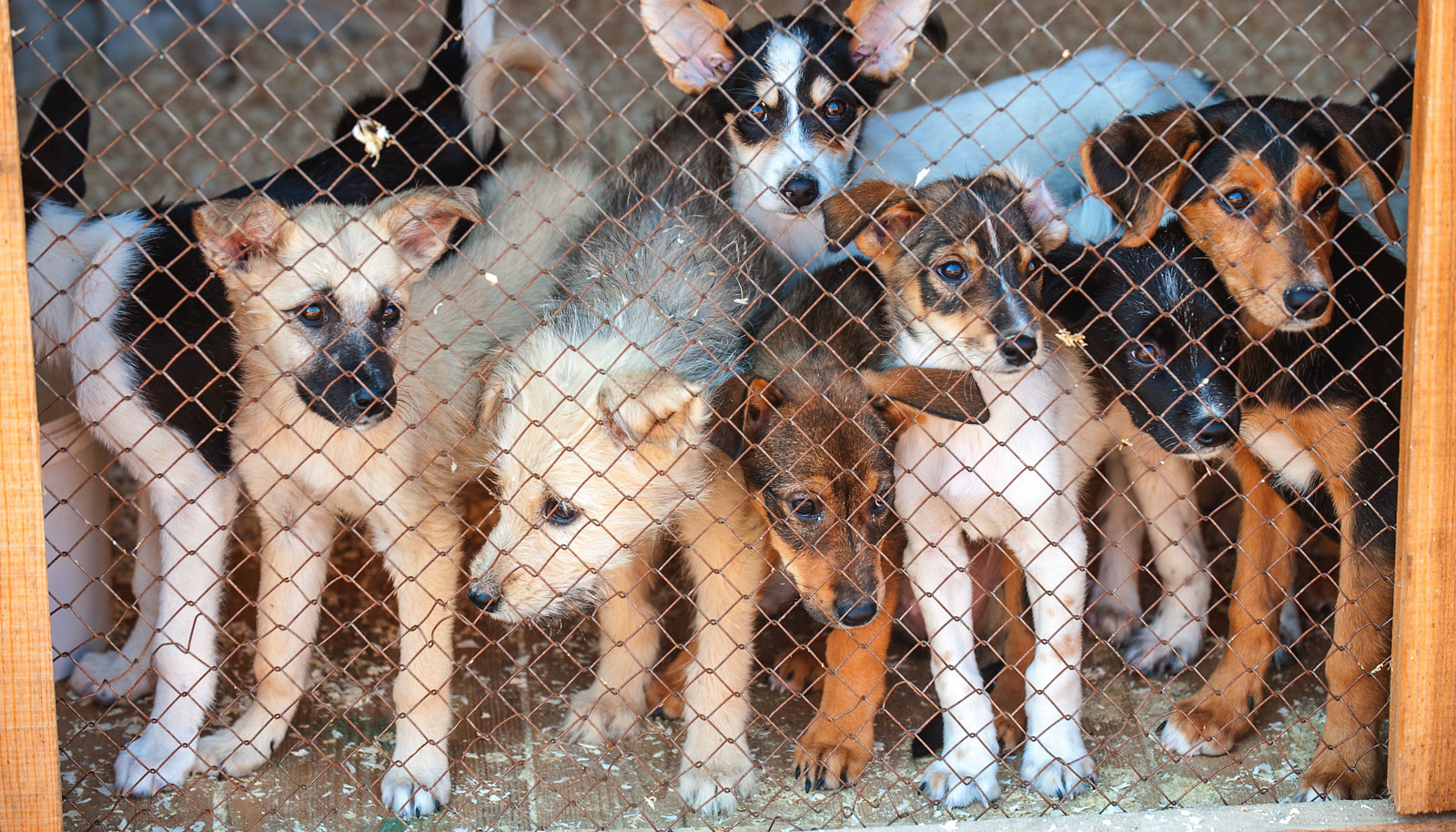
Animals, the silent inhabitants of our planet, play a crucial role in maintaining the delicate ecological balance. They bring joy, companionship, and awe-inspiring beauty to our lives. However, many species face grave threats due to human activities, ranging from habitat destruction and climate change to poaching and illegal wildlife trade. In this blog, we'll delve into the significance of animal protection, the challenges they confront, and the essential role we can play in safeguarding their future.
The Importance of Animal Protection:
Animal protection is not just a matter of ethical responsibility; it is crucial for the health of our ecosystems and the well-being of all living beings. Animals contribute to biodiversity, pollination, and seed dispersal, which are essential for maintaining healthy ecosystems. By preserving wildlife, we can ensure sustainable agriculture, clean water, and a balanced climate.
Challenges Faced by Wildlife:
Habitat Loss: The rapid expansion of human settlements, agriculture, and infrastructure leads to deforestation and fragmentation of natural habitats, leaving wildlife displaced and vulnerable.
Climate Change: Rising temperatures and extreme weather events threaten animal populations, as they struggle to adapt to new conditions or find suitable habitats.
Poaching and Illegal Wildlife Trade: The demand for exotic pets, animal products, and traditional medicines fuels illegal wildlife trade, pushing many species to the brink of extinction.
Pollution: Pollution from industrial waste, plastics, and chemicals contaminates natural habitats, harming both land and marine animals.
Human-Wildlife Conflict: As humans encroach upon wildlife territories, conflicts arise, resulting in harm to both animals and humans.
Our Role in Animal Protection:
Conservation Efforts: Supporting and engaging in conservation initiatives, such as establishing protected areas, wildlife sanctuaries, and conservation breeding programs.
Sustainable Practices: Adopting sustainable practices in agriculture, fishing, and resource extraction to minimize the impact on wildlife and ecosystems.
Advocacy and Education: Raising awareness about the importance of animal protection and advocating for stronger laws and regulations to safeguard wildlife.
Responsible Tourism: Opting for eco-friendly and responsible tourism practices that do not disturb wildlife or their habitats.
Wildlife Rehabilitation: Supporting organizations that rescue and rehabilitate injured or orphaned animals with the goal of releasing them back into the wild.
Consumer Choices: Making conscious choices to avoid products derived from illegal wildlife trade, supporting cruelty-free and sustainable brands.